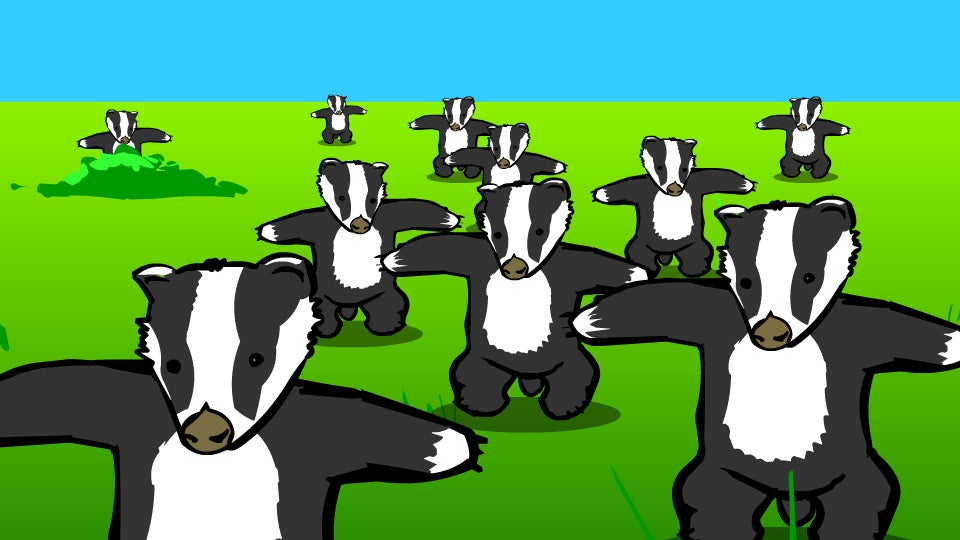The Internet Archive saves ‘Badger’, ‘Leekspin’, and ‘Peanut Butter Jelly Time’ by conserving famous Flash animations
Supporting the old animations is ‘our line in the sand from oblivion’s gaze’, the Archive says

Old Flash animations and games will be preserved by the Internet Archive, ahead of Adobe shuttering its software.
The Archive, which has already saved over 2000 playable DOS games , books, and a copy of the entire internet, said that it would be using a Flash emulator called Ruffle to let animations play in the browser.
Viewers do not need to have a Flash plugin themselves installed, and the system works on Firefox, Chrome, Edge, and Safari.
Flash animations were popular from the early 90s, when it was developed to allow animation, sound, and other audio-video formats onto HTML web pages.
It gained popularity because of its ease of use. “Creation software allowed a beginner or novice to make surprisingly complicated and flexible graphic and sound shows that ran beautifully on web browsers without requiring deep knowledge of individual operating systems and programming languages”, Jason Scott, a software curator at the Internet Archive, writes.
When Adobe bought Flash in 2005, it was installed on 98 per cent of computers in use, but by 2017 it had become outdated – replaced by HTML 5 – and was killed off by Adobe.
This new announcement means that games and animations which formed the backbone of internet culture such as “Badger”, “Peanut Butter Jelly Time”, “Leekspin”, and “Caramelldansen”, as well as games like Crimson Room and Shift, will still be able to be accessed.
 ">
">The need to maintain legacy internet spaces is a strong one, due to the ephemeral nature of the medium when things go wrong.
Last year, Myspace lost more than 50 million songs after a server migration project went awry. "As a result of a server migration project, any photos, videos, and audio files you uploaded more than three years ago may no longer be available on or from Myspace," the company said at the time.
Some have speculated that there will be a “digital dark age” due to the changing nature of the internet and that internet files themselves might be “anti-historical”.
The Internet Archive seems adamant against that reality. “More than just dropping support, the loss of the player means the ability of anyone to experience Flash is dropping as well”, Scott says. “Supporting Ruffle is our line in the sand from oblivion’s gaze”.
Join our commenting forum
Join thought-provoking conversations, follow other Independent readers and see their replies
Comments


Bookmark popover
Removed from bookmarks